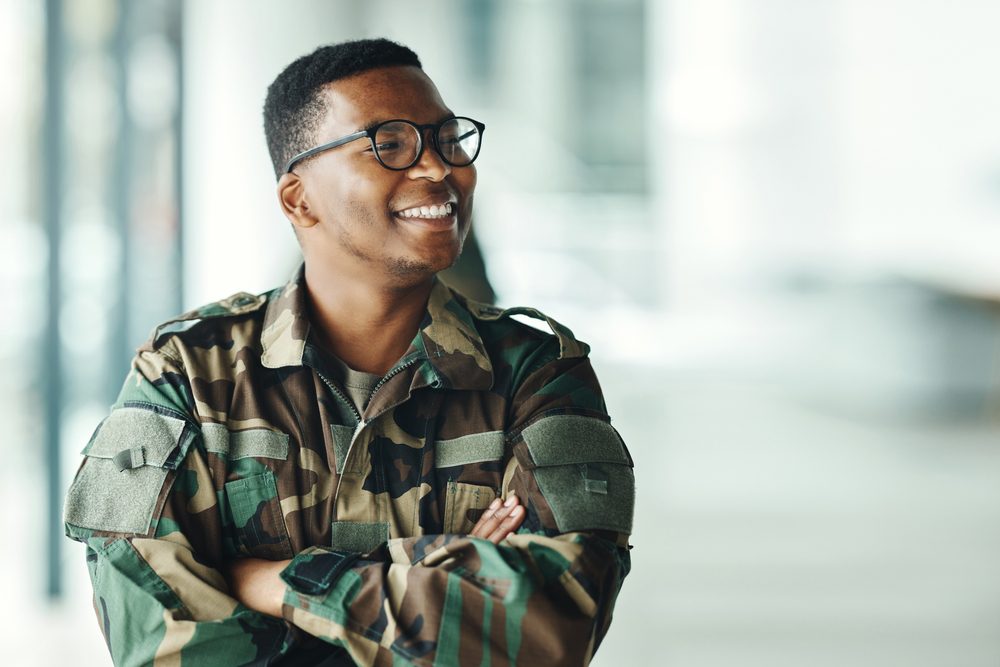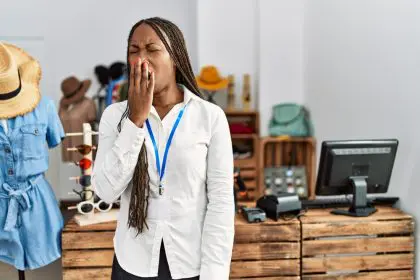Uniforms possess an inexplicable allure in the domain of attraction, a phenomenon that has fascinated researchers for decades. Their unique ability to ensnare attention and evoke curiosity among some people stands as a testament to their magnetic appeal. The question persists: What is the captivating essence behind men in uniforms that consistently garners interest and admiration?
The profound intrigue surrounding this topic delves into the intricate realms of psychology, societal conditioning and primal instincts. Uniforms — spanning an array from military garb to the refined elegance of formal attire — wield a distinct power to command attention and stir fascination. Beyond mere clothing, these ensembles carry an embodiment of authority, discipline and purpose, traits that strike a resonant chord within many people who are attracted to men.
This exploration aims to unravel the mystique veiling uniforms and decipher the underlying factors that contribute to their potent allure.
From military attire to the crisp professionalism of suits, uniforms carry a powerful appeal that transcends cultural and societal boundaries. The attire itself embodies a sense of responsibility and reliability, characteristics that are inherently attractive.
Psychologically, uniforms trigger a response tied to perception and association. The attire immediately communicates a specific role or profession, evoking respect and admiration for the dedication and commitment it represents. This association can lead to an unconscious bias towards perceiving uniformed individuals as more competent and trustworthy.
Moreover, uniforms have an undeniable visual appeal. The structured design and distinct colors of various uniforms create a sense of sharpness and confidence. A well-fitted uniform often accentuates masculine features, highlighting a sense of strength and capability.
Evolutionarily, the appeal of men in uniforms can be traced back to primal instincts. Throughout history, some people have been naturally drawn to partners who display attributes of protection and provision. Uniforms — particularly those associated with professions like firefighters, police officers or military personnel — signify a readiness to safeguard and protect, triggering an innate attraction response.
Interestingly, the allure of uniforms also stems from the sense of mystery and intrigue they carry. The element of the unknown — coupled with the professional demeanor uniforms exude — adds an air of mystique, sparking curiosity and interest.
However, it’s crucial to acknowledge that individual preferences vary significantly. Not all people are inherently drawn to men in uniforms, as personal tastes and experiences greatly influence attraction. Cultural backgrounds, upbringing and personal beliefs also play pivotal roles in shaping individual preferences.
The fascination with men in uniforms is a rich tapestry woven from diverse threads of psychology, society and evolution. This intricate phenomenon finds its roots in the symbolism of authority and duty mirrored in these attires, alongside the magnetic charm arising from their visual appeal and primal triggers.
However, it’s essential to recognize that while uniforms exert a captivating allure, genuine attraction surpasses mere clothing. Authentic connections transcend external appearances and are shaped by an individual’s distinct qualities, character and the depth of interpersonal bonds.
Appreciating the layers of complexity woven into this attraction sheds light on the nuanced intricacies of human preferences in the realm of allure. It reflects the interplay between ingrained societal perceptions, innate instincts and individual inclinations.
In essence, while uniforms may spark initial interest, the enduring magnetism lies in the deeper, more profound facets of human connection.
This story was created using AI technology.
















